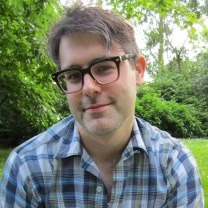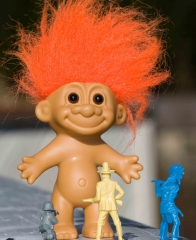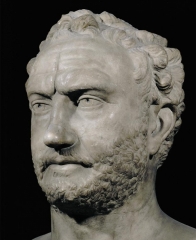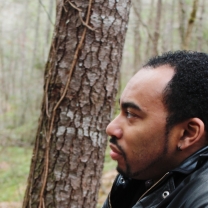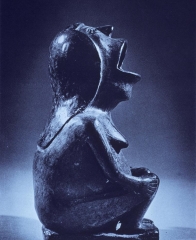 / Are We Living in a Horror Movie?
Subscribe
/ Are We Living in a Horror Movie?
Subscribe
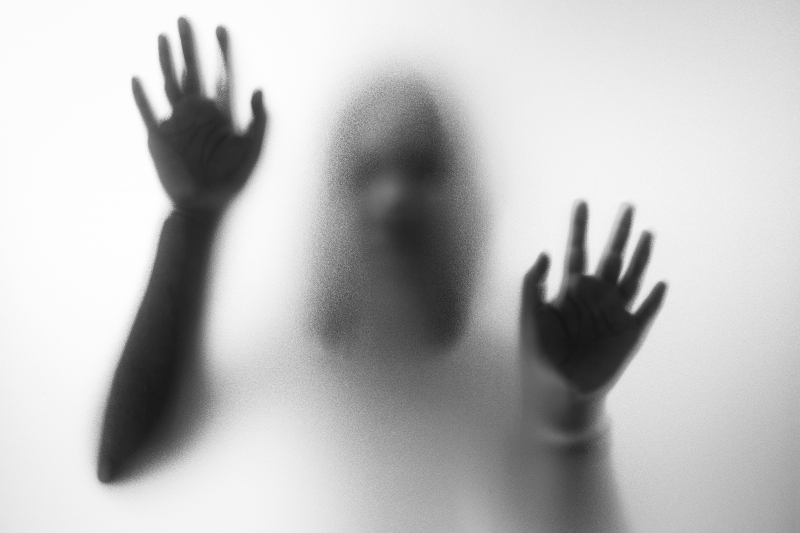
“Has horror become the movie genre of the Trump era?” asks the headline of a recent LA Times article. Although primarily focused on the recent box office successes of horror films, writer Justin Chang goes so far as to comment: “You might say the Trump presidency is itself a horror movie come to life.” But lost in the comparison is the fact that not everyone sees it that way. A recent Gallup poll still puts Trump’s approval ratings among Republicans at 79%. So if we want to run with Chang’s movie metaphor, we need to explain these divergent attitudes about what we’re seeing.
The philosopher Cynthia Freeland offers a set of powerful tools for understanding this phenomenon. In her paper “Realist Horror,” she explores the distinctive features of those horror movies that eschew impossible monsters and supernatural forces for the fears we find closer to home. In particular, she identifies two features of realist horror that might help us explain how people can take such different perspectives on our current political moment: the fascination of the realistic monster, and the foregrounding of spectacle over plot.
First, Freeland argues that realist horror glamorizes realistic monsters, a process that “legitimizes patriarchal privilege through the stereotyped and naturalized representation of male violence against women.” In film, this happens through eroticizing realistic monsters by casting attractive young actors, or imbuing them with charm and intelligence, like Hannibal Lecter. While these are not the mechanisms of glamorization we see in the context of Trump, the trappings of the presidency and the imprimatur of wealth and power grant anyone a certain status. Where the realistic monster is terrorizing coeds with a chainsaw, the current administration is rolling back reproductive rights, helmed by a leader who has openly bragged about assaulting women. Most revealing, though, is the close proximity between the “pscyho killers” of realist horror (we’ll need to leave the stigmatization of mental illness for another day) and what Freeland calls “the tradition of the American male hero as a macho loner who is rebellious, misunderstood, and unable to communicate except by violence.” Sound familiar? Freeland keenly observes that the character traits of the realistic monster and the archetypal American hero are two sides of the same coin. So while some us feel trapped in American Psycho, others are enjoying Air Force One.
Second, Freeland argues that realist horror weaves together fact and fiction, and foregrounds spectacle over plot, resulting in movies that “like stories on the nightly news, are dominated by the three r’s: random, reductive, repetitious.” Of course, for us, the current presidency is the nightly news (or rather, the 24-7 news), and it displays the very features Freeland points to, governed by Trump’s whims and petty rivalries. But this focus has a more sinister aspect. As Freeland notes, the emphasis on spectacle over plot in realist horror “obscures the truth about factors that produce a climate of violence: racism; inequalities in education, health care, social and economic status, and political power…gun laws.” But for citizens who don’t believe that social inequalities and policy failures are the source of our ills, this is exactly as it should be. For them, the real threat is the anonymous “illegal alien,” so why would they not applaud the leader who calls it like they see it? Where some of us see the spectacles of the current presidency, like realist horror, as obscuring (and perpetuating) the true causes of suffering, others see it as a valiant fight against our true enemies.
Filmmakers typically intend their movies to belong to a particular genre, but we’re of course not actually living in a movie. Without a director, we can only classify the features of our experience as we see them. Eerily, our current political moment does exemplify the defining features of realist horror. However, those very features are open to alternative interpretations that invite celebration of precisely what scares many of us to death. Perhaps most troublingly, Freeland observes that the effect of realist horror’s emphasis on spectacle can be paralyzing: “instead of the horror prompting action and resistance, it works to produce passivity and legitimize current social arrangements.” So while there is an attraction and an aptness to viewing the Trump presidency as a realist horror, there is also a danger in doing so. If we want to make a difference, we need to see past the foregrounding of spectacle and the fascination of the monster to focus on the work that really matters.
Erich Hatala Matthes is Assistant Professor of Philosophy and Advisory Faculty for Environmental Studies at Wellesley College. He works on moral and political issues surrounding cultural heritage, art, and the environment.
Photo Credit: Bubber BB, "Horror woman behind the matte glass in black and white," via Shutterstock, 23 October 2017.
